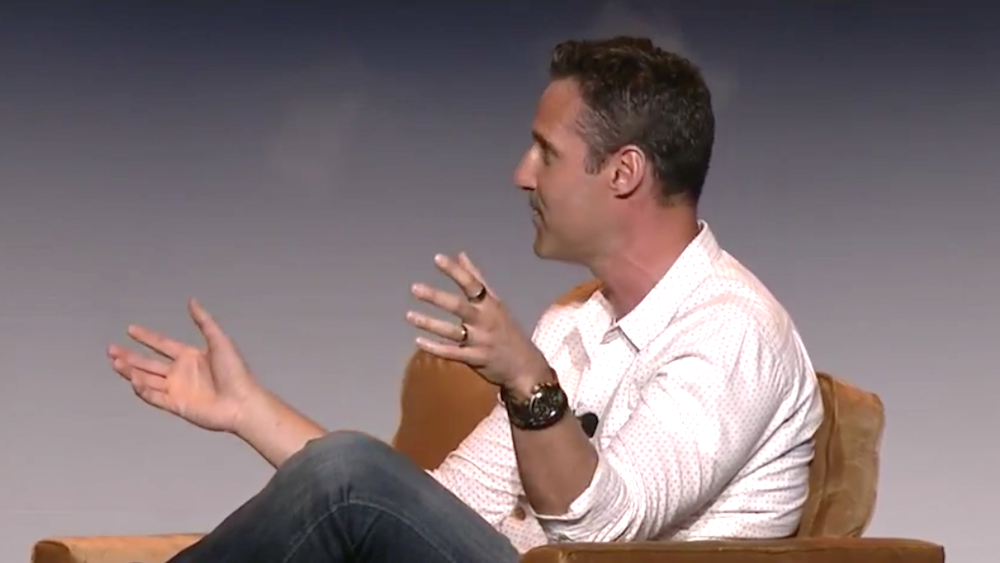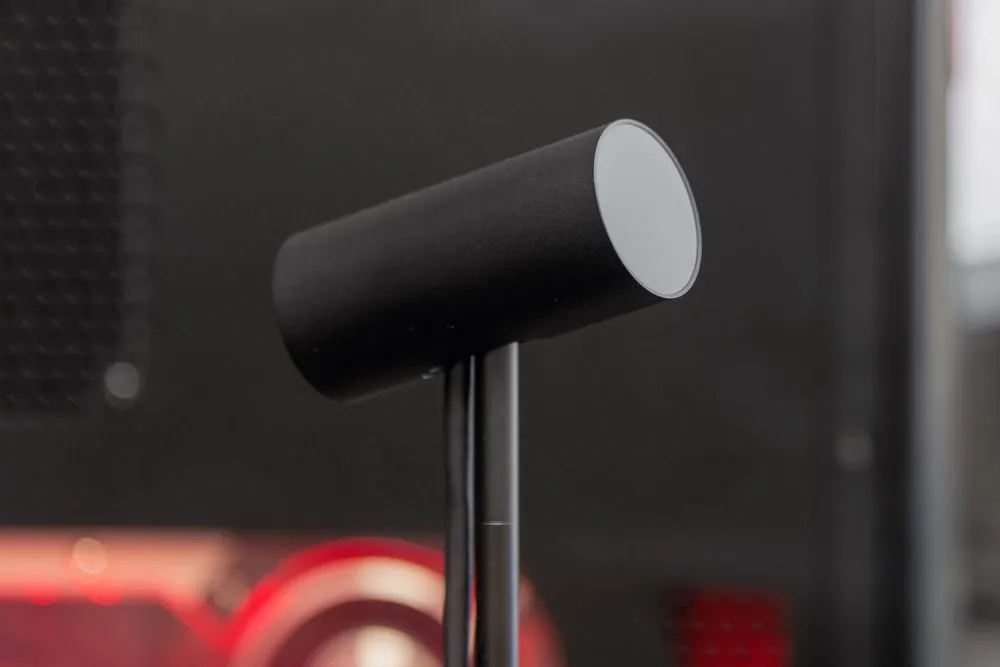Speaking with Oculus’ VP of content, Jason Rubin at GDC 2017, UploadVR asked him about the tracking issues reported by some owners of the Rift VR headset and Touch VR controllers. Rubin offered a pretty clear statement in response: “We made a mistake.”
“We are part of Facebook. Facebook’s slogan for a long time was ‘move fast and break stuff,'” Rubin said. “We believe we are in the move fast and break stuff mode when it comes to VR. We are pushing as fast as we can to get as much functionality into our systems as we can so that when open standards come, and we start to slow down because we have to support a lot more things, we have the foundation that we need.”
The Oculus tracking issues were most prevalent in users attempting to run “experimental room-scale” setups. These require several Oculus sensors in order to work. Affected users were finding serious glitches in their setups, like virtual floors randomly rising and falling or digital hands simply floating away.

In an attempt to solve these problems, Oculus released update 1.11 — a software patch that was released in part to address tracking concerns. However, 1.11 had the opposite effect for some — tracking got worse. Oculus since released version 1.12, another patch that actually has fixed the vast majority of tracking problems. Rubin says that the company has learned and grown throughout this process.
“We’ve learned a valuable lesson: don’t move too fast don’t break too much stuff,” Rubin said. “But [the tracking was] fixable. That’s not permanent, that was a one time kind of failure.”
1.12 has been out in the wild now for around a week. In that time, user sentiment on major online sounding boards like Reddit seems to have turned from disappointment to adulation, as those running larger setups see their functionality returned to normal.
Let us know in the comments below if your tracking issues have been improved since 1.12.


























